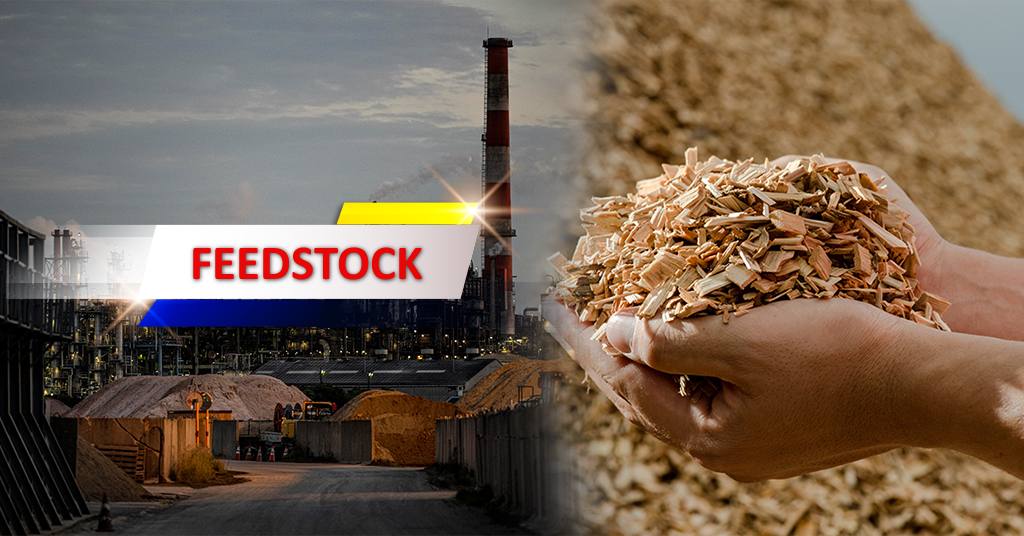Welcome To ChemAnalyst

Recently, the busiest ocean trade gateway in the US on the West Coast port, experienced a significant shutdown on Friday due to a shortage of port workers. This disruption followed months of strained labor negotiations between the union dock workers and their employers. The Pacific Maritime Association, which represents employers, reported that a significant number of union workers, including those who were responsible for loading and unloading cargo, did not show up for work starting Thursday evening. The maritime association attributed the worker shortage to a coordinated action by the International Longshore and Warehouse Union (ILWU) to withhold labor during ongoing contract talks. In response, the ILWU stated that the actual cause of the slowdown was thousands of union employees who attended a monthly membership meeting on Thursday evening and observed Good Friday the following day. The maritime association, on the other hand, maintained that the union's action effectively shut down the ports of Long Beach and Los Angeles, causing widespread shortages of workers.
As per the US Chamber of Commerce, there are currently over 10 million job openings in the USA, while the number of unemployed workers stands at only 5.7 million. This disparity indicates that the country has a surplus of job opportunities but lacks sufficient workers to fill them. Even if every unemployed person in the country were to find a job, there would still be 4 million vacant positions. This labor market dynamic has been attributed to the impact of the pandemic, often referred to as The Great Resignation, where more than 50 million workers resigned from their jobs in 2022. Many of these individuals sought better work-life balance, increased compensation, flexibility, and positive company culture. The current situation of job openings surpassing the available workforce has created challenges for businesses to grow, compete, and thrive.
The USA is one of the world's largest exporters of petroleum and petrochemical products, such as crude oil, refined petroleum products (gasoline, diesel fuel, jet fuel, etc.), and petrochemicals (ethylene, propylene, benzene, etc.). At the same time, the USA imports a wide range of chemicals, such as benzene, toluene, xylene, methanol, ethanol, sulfuric acid, sodium hydroxide, calcium chloride, etc. The ongoing labor shortages can lead to reduced production capacity in the US chemical industry. With fewer workers available to operate chemical plants and perform other critical tasks, production levels may decrease. Furthermore, labor shortages can impact pricing in the chemical market. As labor becomes scarce, labor costs may increase, leading to higher production costs for chemical companies. These increased costs may be passed on to consumers in the form of higher prices for chemical products. Moreover, labor shortages in the USA can also impact the competitiveness of the US chemical industry in the global market. If labor costs rise due to shortages, it may make US chemical products less competitive compared to products from other regions with lower labor costs. This may result in a loss of market share and decreased competitiveness in the global chemical market.
We use cookies to deliver the best possible experience on our website. To learn more, visit our Privacy Policy. By continuing to use this site or by closing this box, you consent to our use of cookies. More info.
